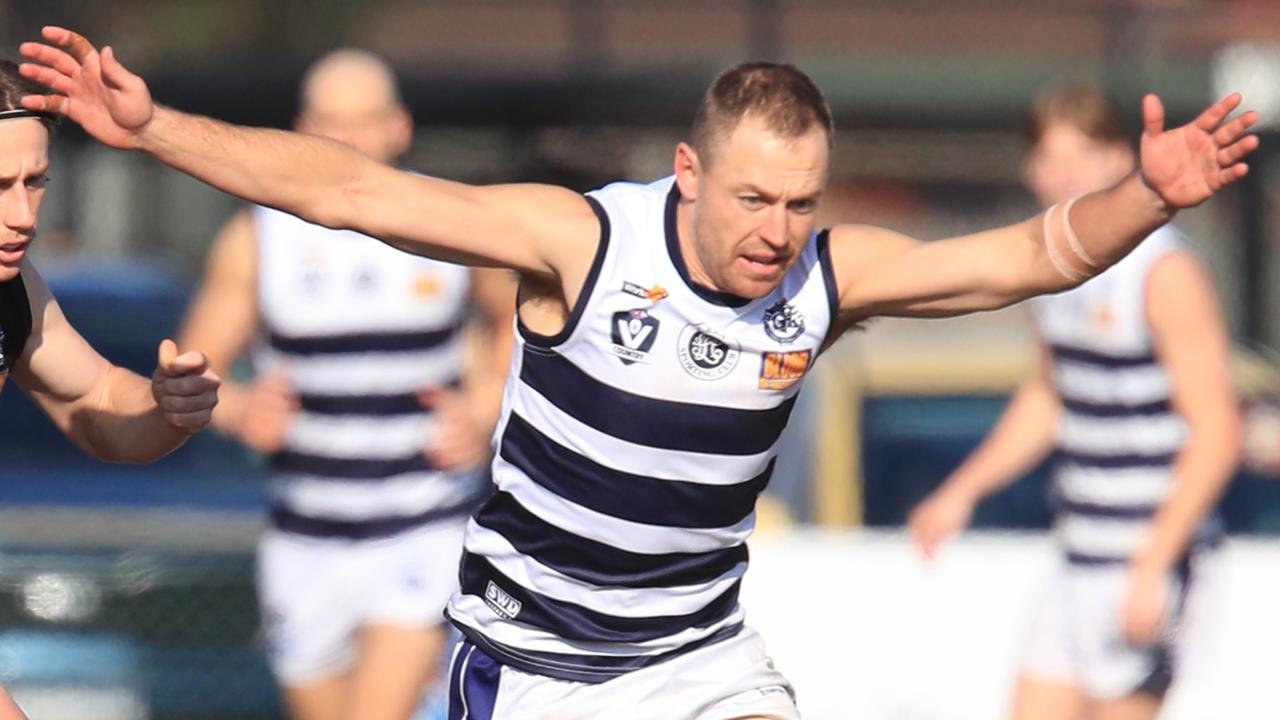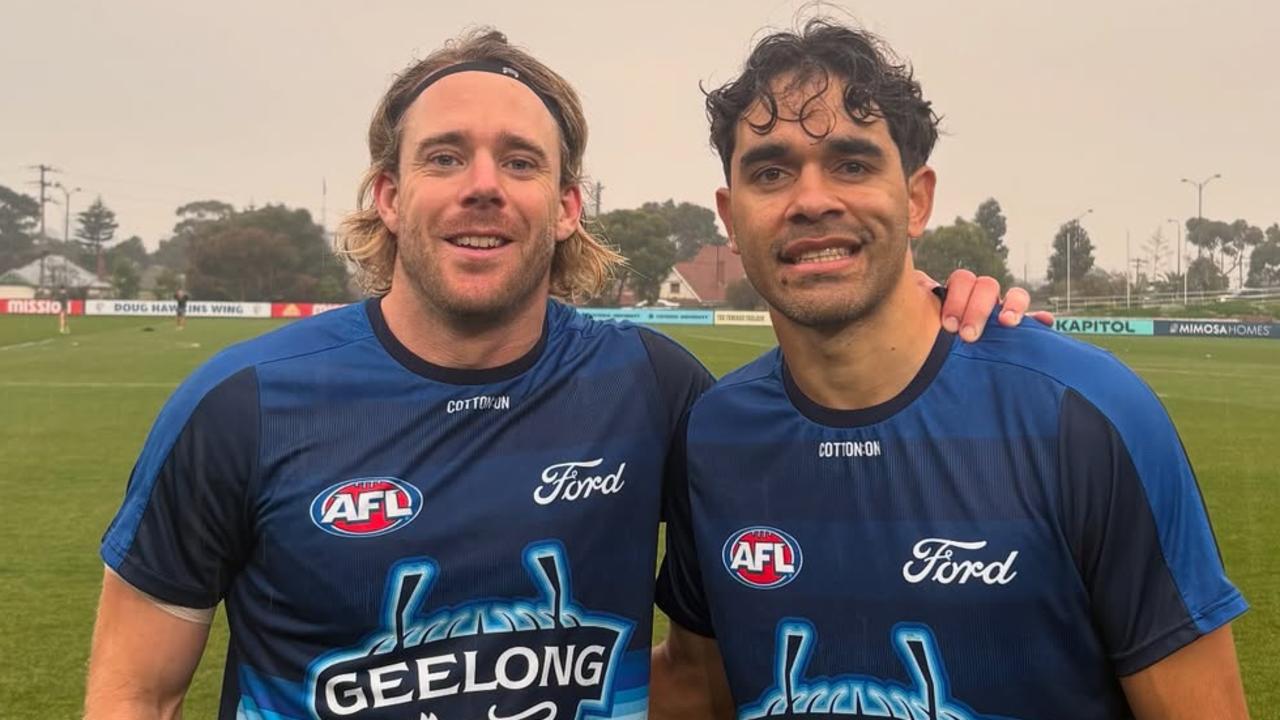Dino-loving boy fights for life against rare childhood cancer
A Leopold mother’s world turned upside down as her dinosaur-loving son faces a fierce battle with Neuroblastoma, a rare childhood cancer.
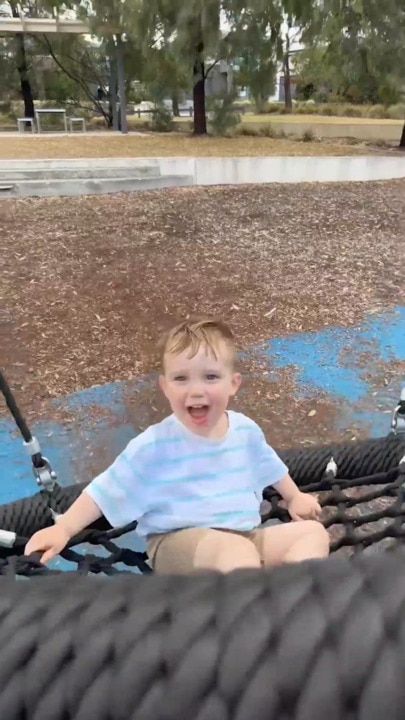
News
Don't miss out on the headlines from News. Followed categories will be added to My News.
At two years of age, Harlyn Hurford should be running around the park and playing with his much-loved dinosaurs, but instead he’s starting chemotherapy for a rare and aggressive childhood cancer.
His mother Ebony Hurford said, “No one should have to fight this hard to be a kid.”
Their nightmare began in February when Harlyn was complaining on stomach pains, before being diagnosed with a malignant tumour (Neuroblastoma), located between his liver and spine.
“He may be small, but his fight is bigger than anything I’ve ever known. His world changed overnight, yet he faces each day with a smile,” Ebony said.
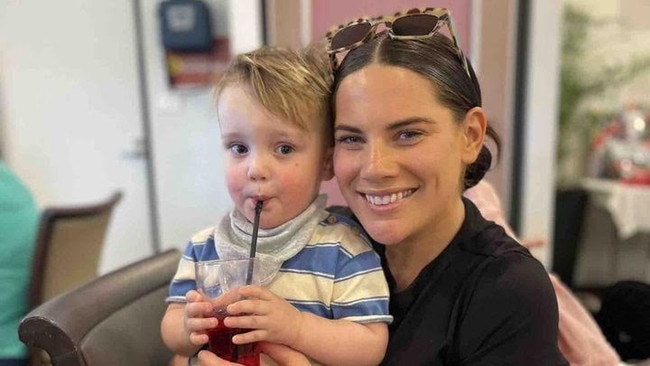
His aunt Tanika said the diagnosis was a heavy blow to the Hurford family.
“It’s broken our hearts, we are shattered but he is strong and we are holding lots of hope,” she said.
Harlyn carries the MYCN gene, which is linked to more aggressive tumour growth and a poorer prognosis.
He has been given a one in two chance of survival.
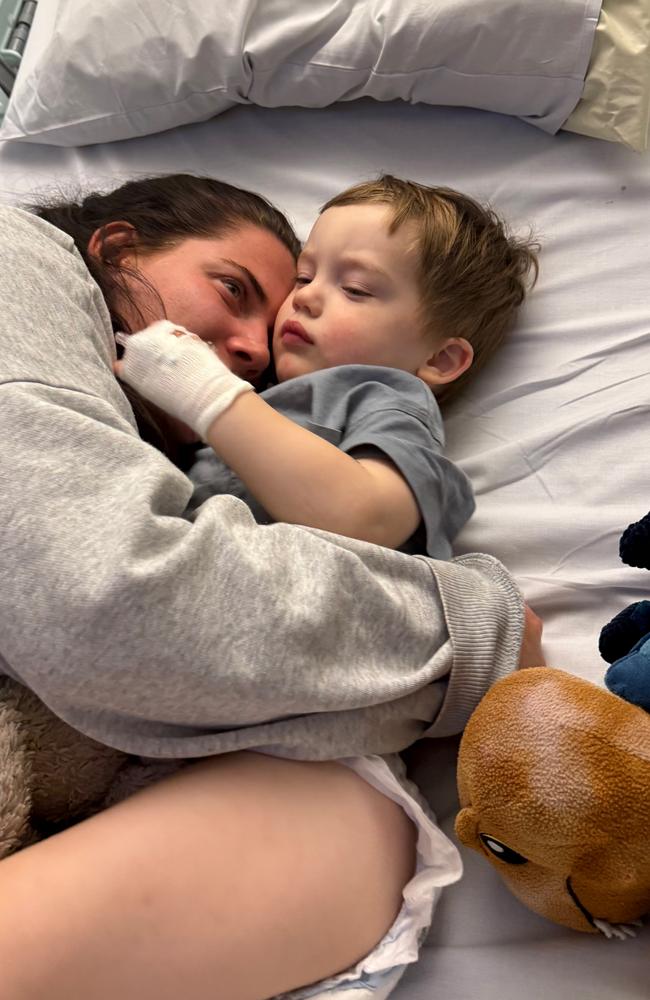
“He’s a crazy, energetic little boy,” Tanika said.
“It’s very hard seeing him this way.”
As a sole parent Ebony has been forced to give up employment as a childcare worker in Leopold to care for her son.
The pair are currently at the Royal Children’s Hospital following an operation on Friday and will remain in Melbourne for some time for treatment.
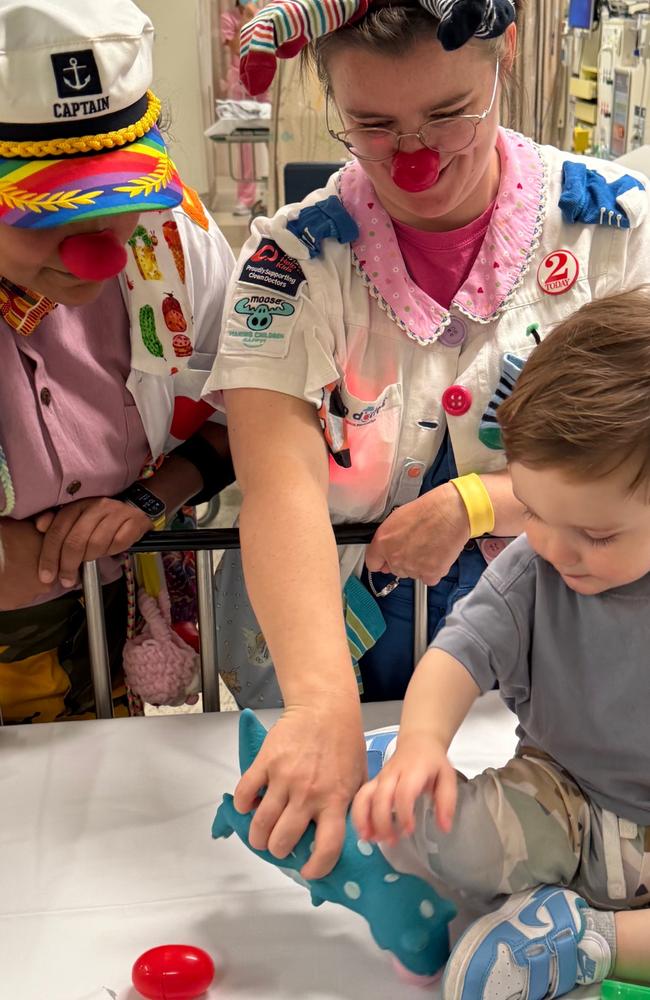
Ebony is the eldest of four sisters who are rallying behind her, “she’s taking it day-by-day,” Tanika said, but the 34-year-old mother is not sure how she will manage.
Tanika set up a GoFundMe page to help ease the financial burden, “Ebony doesn’t want to ask for help, she’s the most selfless person.”
Tanika wrote on the popular crowdfunding site, “His treatment plan is long and intense, involving rounds of chemotherapy, surgery to remove the tumour, radiation therapy, stem cell transplants and immunotherapy.”
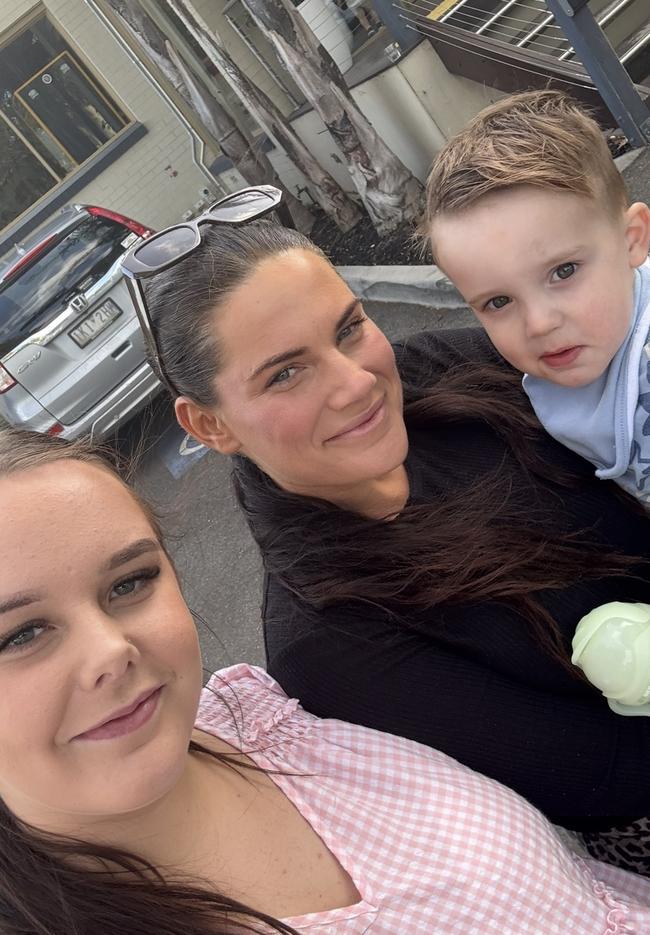
The next 18 months will see the pair making the 90 minute drive to Melbourne regularly.
“The emotional and financial toll is heavy. Every donation, message, and share is a reminder that we’re not alone in this fight,” Tanika wrote.
“The hardest days are yet to come. We can’t wait for our dino loving, energetic, cheeky boy, to be running us off our feet again.”
Neuroblastoma is a rare childhood cancer with about 40 children diagnosed each year in Australia.
Originally published as Dino-loving boy fights for life against rare childhood cancer


